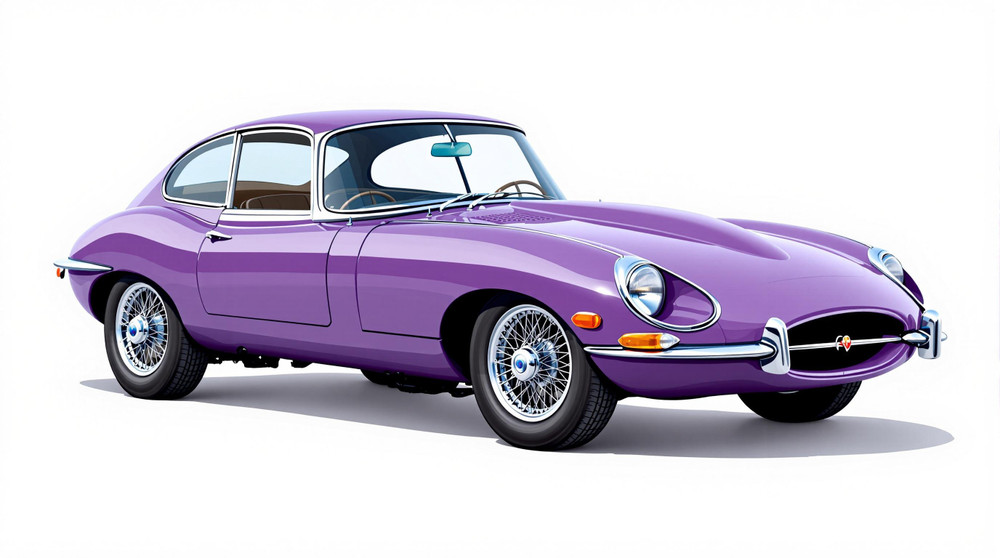Image of 1968 Jaguar Xke, Note: These illustrations use artistic license and may differ from actual historical models.
Performance Metrics
Fundamental Metrics
Emotional Appeal
MMP Rating
| Engine Specifications | |
|---|---|
| Engine: | 4.2L Inline 6 |
| Displacement: | 4.2L |
| Horsepower: | 265 hp |
| Torque: | 283 lb-ft |
| Compression Ratio: | 9.0:1 |
| Ignition System: | Electronic |
| Cooling System: | Liquid-cooled |
| Performance Specifications | |
| 0-60 Time: | 7.0 seconds |
| 1/4 Mile Time: | 15.1 seconds |
| Top Speed: | 150 mph |
| Transmission and Drive | |
| Drive Type: | Rear-wheel drive |
| Transmission Type: | 4-speed manual |
| Fuel and Efficiency | |
| Fuel System Type: | Triple SU carburetors |
| MPG: | 15-18 mpg |
| Dimensions and Brakes | |
| Brakes: | Disc brakes |
| Wheelbase: | 96 inches |
| Weight: | 3,018 lbs |
Note: Specifications for classic cars are given to the best of our ability, considering the limited and variant data available.
Unveiling the Elegance of the 1968 Jaguar XKE
The 1968 Jaguar XKE stands as a paragon of automotive excellence, a testament to the ingenuity and craftsmanship of its British roots. Born from the storied lineage of Jaguar Cars Ltd., this model emerged during an era where style intertwined seamlessly with performance. The XKE, also known as the E-Type, was not just another sports car; it was a revolution in design and engineering, capturing hearts with its debut in 1961 and continuing to do so with each successive iteration. A unique fact that often captures enthusiasts' imaginations is that Enzo Ferrari himself called it "the most beautiful car ever made," a sentiment echoed by many since.
Design and Innovation
The exterior of the 1968 Jaguar XKE is an embodiment of grace and power. Its long, sculpted hood, sensuous curves, and glass-covered headlights present an image that is both aggressive and elegant. The interior matches this grandeur with luxurious leather seats and polished wood or metal accents, showcasing Jaguar's commitment to comfort and opulence. Technologically, the XKE was ahead of its time with features like independent coil spring rear suspension and four-wheel disc brakes, which were still rarities among many cars of the era. Color options ranged from British Racing Green to Carmen Red, with the former often being synonymous with the marque's heritage. The coupe and convertible body styles were offered, but it was the Fixed Head Coupe with its sleek roofline that became iconic.
Historical Significance
The 1968 Jaguar XKE's impact on automotive design cannot be overstated. Its monocoque construction set a new standard for vehicle rigidity and weight reduction while influencing numerous sports cars that followed. The E-Type's blend of aesthetics, high performance, and competitive pricing challenged contemporary manufacturers and reshaped consumer expectations for luxury sports cars.
Performance and Handling
Performance-wise, the '68 XKE was a force to be reckoned with. Equipped with a formidable 4.2-liter inline-six engine, it boasted top speeds upwards of 150 mph and could sprint from 0-60 mph in under 7 seconds—a remarkable feat at the time. On winding roads or when navigating through bumps, the car's handling remained poised and responsive. Driving an XKE was an immersive experience; from the roar of its engine to the tactile feedback through its wood-rimmed steering wheel, it connected driver to road in unparalleled harmony.
Ownership Experience
Owners of the '68 XKE cherished it for various reasons—some enjoyed its reliability as a daily driver while others reveled in its show-car status or racing pedigree. Maintenance could be demanding but manageable for those familiar with classic car care. Reliability was generally good for a vehicle of its age, though sourcing specific parts today may require dedicated effort.
Fun Facts
The 1968 Jaguar XKE has graced many collections, including those of celebrities like Steve McQueen and Frank Sinatra. While not known for breaking speed records, it set benchmarks for style and desirability. Criticisms typically revolved around its electrical systems—a common issue with British cars of that period—but these quirks were often overshadowed by the car's overall charm.
Collector's Information
Today, a well-preserved 1968 Jaguar XKE can fetch anywhere from $70,000 to well over $150,000 depending on condition, originality, and provenance. Production numbers suggest that approximately 5,800 units were produced for that year across all variants. As for appreciation value, the trend has been upward over recent years as classic car enthusiasts continue to recognize the timeless allure of this quintessential Jaguar.
Conclusion
The 1968 Jaguar XKE remains an enduring symbol of automotive artistry—a vehicle that transcends time through its design and performance. It stands as a beacon of innovation from an era when cars were more than just machines; they were expressions of ambition and elegance on wheels. For those who have had the pleasure to own or drive one, it remains an unforgettable chapter in their motoring journey.
1968 Jaguar Xke Catalog of Parts
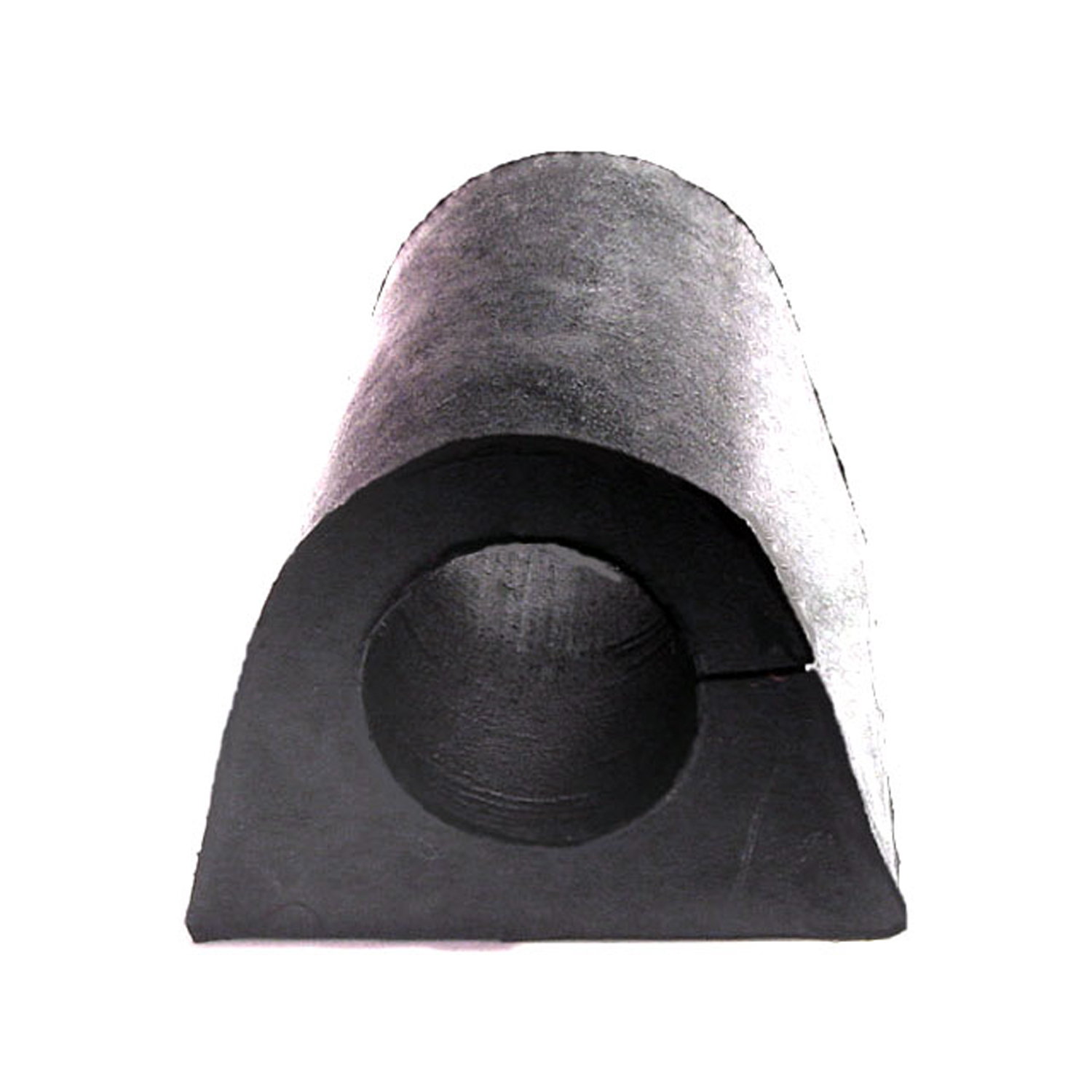 1968 Jaguar XKE Front Stabilizer Bar Bushing-BN 102Front Stabilizer Bar Bushing. 1-1/4" high X 1-3/4" wide X 2" long, with 3/4" I.D. Each
1968 Jaguar XKE Front Stabilizer Bar Bushing-BN 102Front Stabilizer Bar Bushing. 1-1/4" high X 1-3/4" wide X 2" long, with 3/4" I.D. Each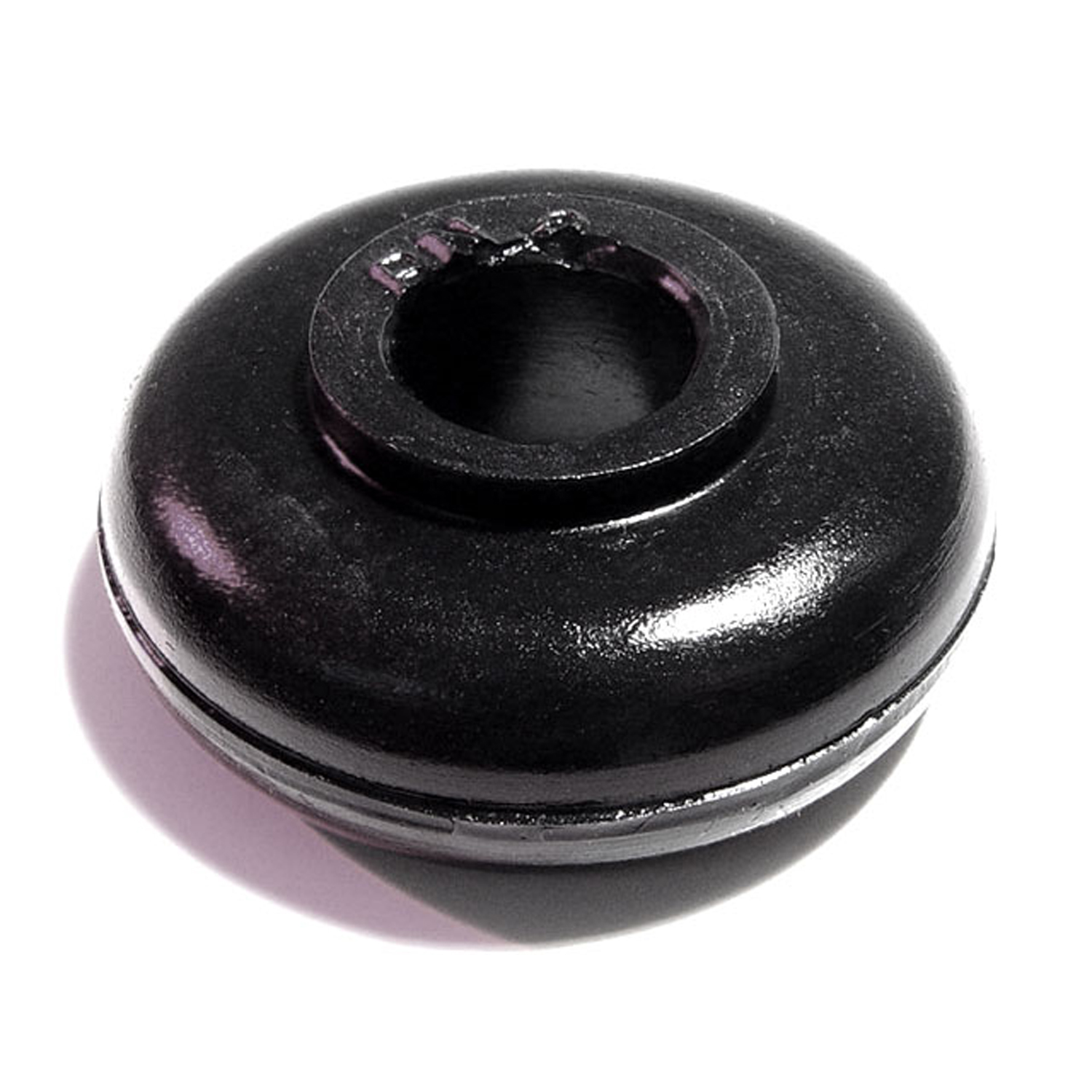 1968 Jaguar XKE Roll Bar Bushing. 1/2" high, with 1/2" hole. Each-BN 2Roll Bar Bushing. 1/2" high, with 1/2" hole. Each
1968 Jaguar XKE Roll Bar Bushing. 1/2" high, with 1/2" hole. Each-BN 2Roll Bar Bushing. 1/2" high, with 1/2" hole. Each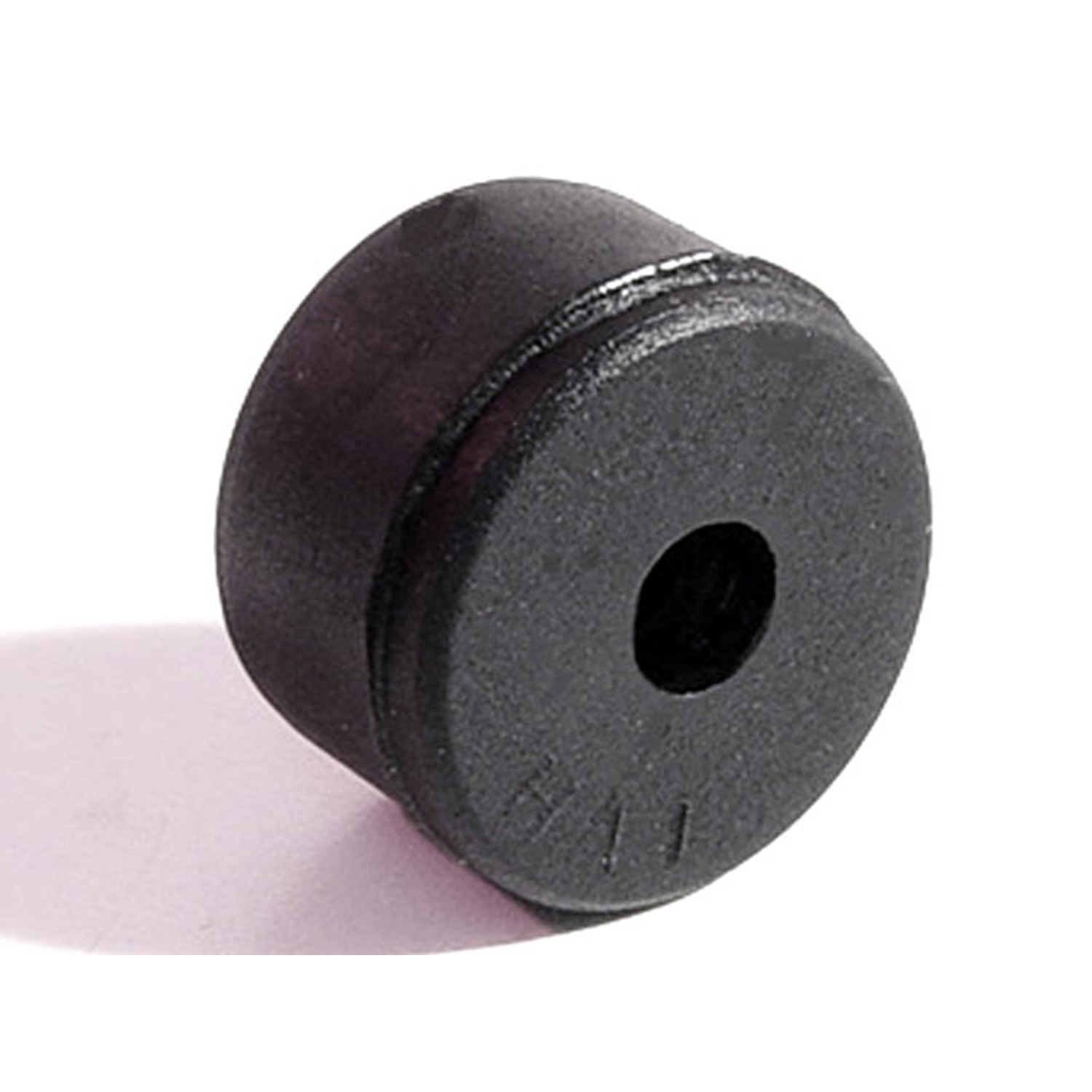 1968 Jaguar XKE Bonnet Bumper. Hollow center to snap over stud. 13/16" O-HA 10Bonnet Bumper. Hollow center to snap over stud. 13/16" O.D. X 7/16" high. Each
1968 Jaguar XKE Bonnet Bumper. Hollow center to snap over stud. 13/16" O-HA 10Bonnet Bumper. Hollow center to snap over stud. 13/16" O.D. X 7/16" high. Each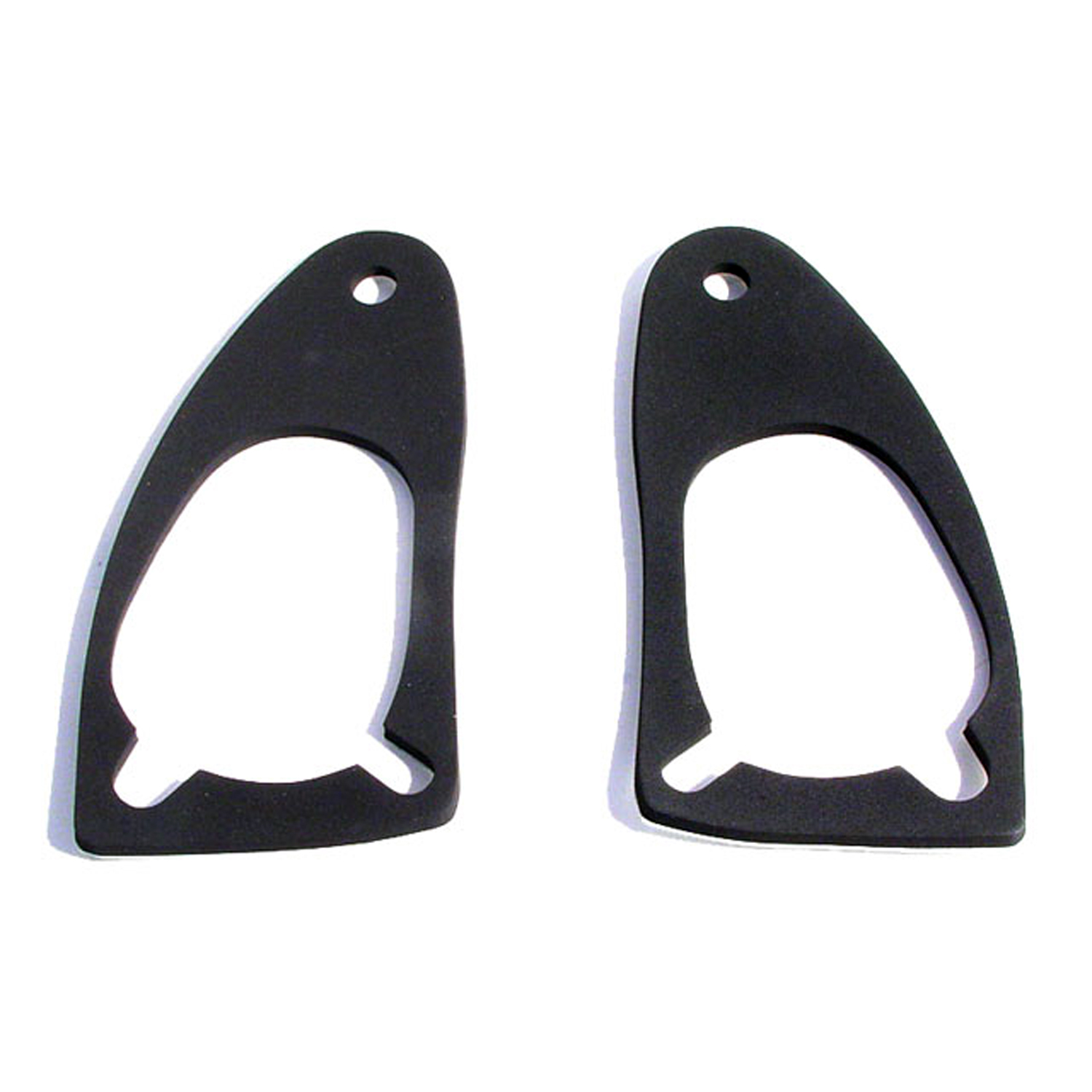 1968 Jaguar XKE Front Turn Signal Lens Gaskets. Pair-LG 3000-110Front Turn Signal Lens Gaskets. Pair
1968 Jaguar XKE Front Turn Signal Lens Gaskets. Pair-LG 3000-110Front Turn Signal Lens Gaskets. Pair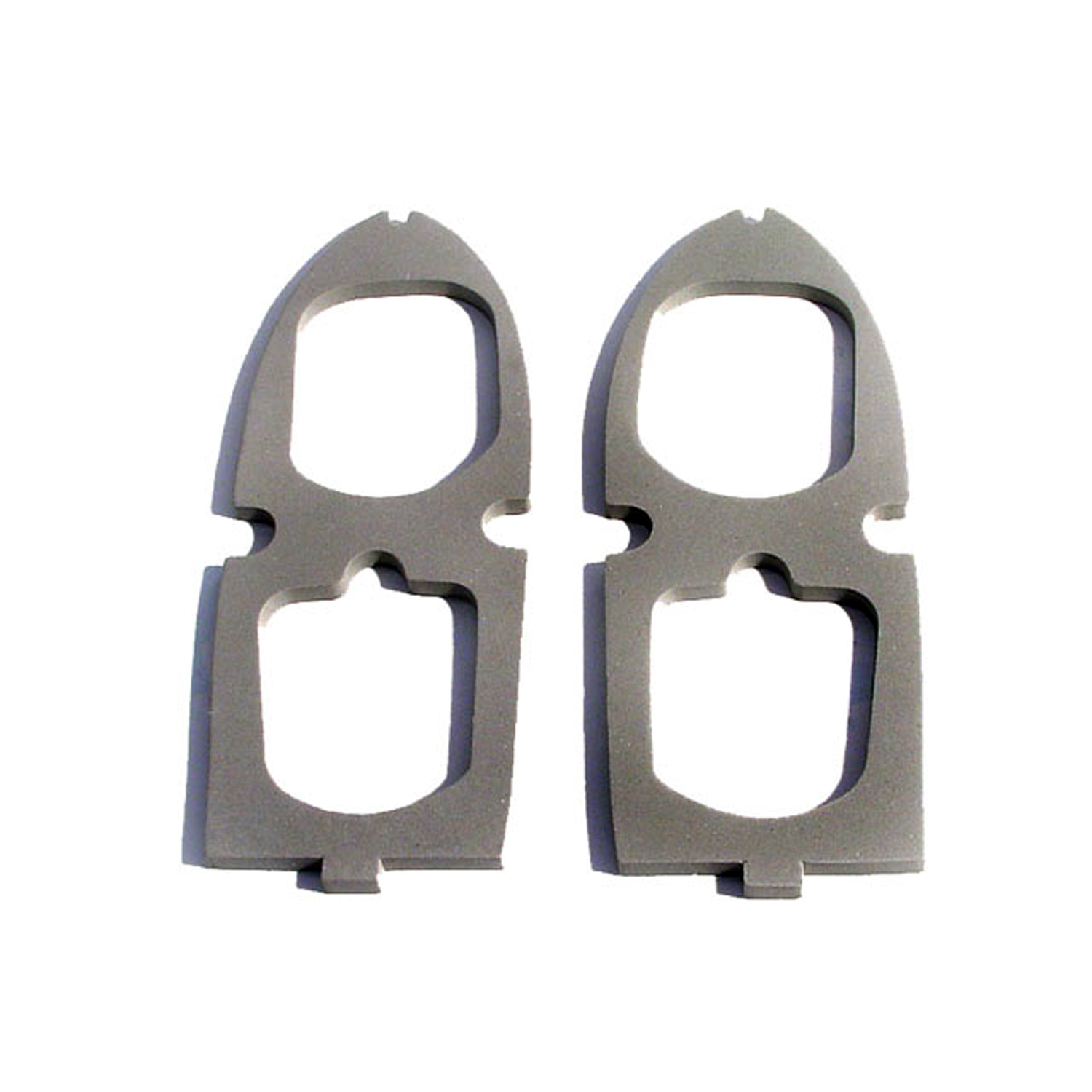 1968 Jaguar XKE Rear Turn Signal Lens Gaskets. Pair-LG 3000-112Rear Turn Signal Lens Gaskets. Pair
1968 Jaguar XKE Rear Turn Signal Lens Gaskets. Pair-LG 3000-112Rear Turn Signal Lens Gaskets. Pair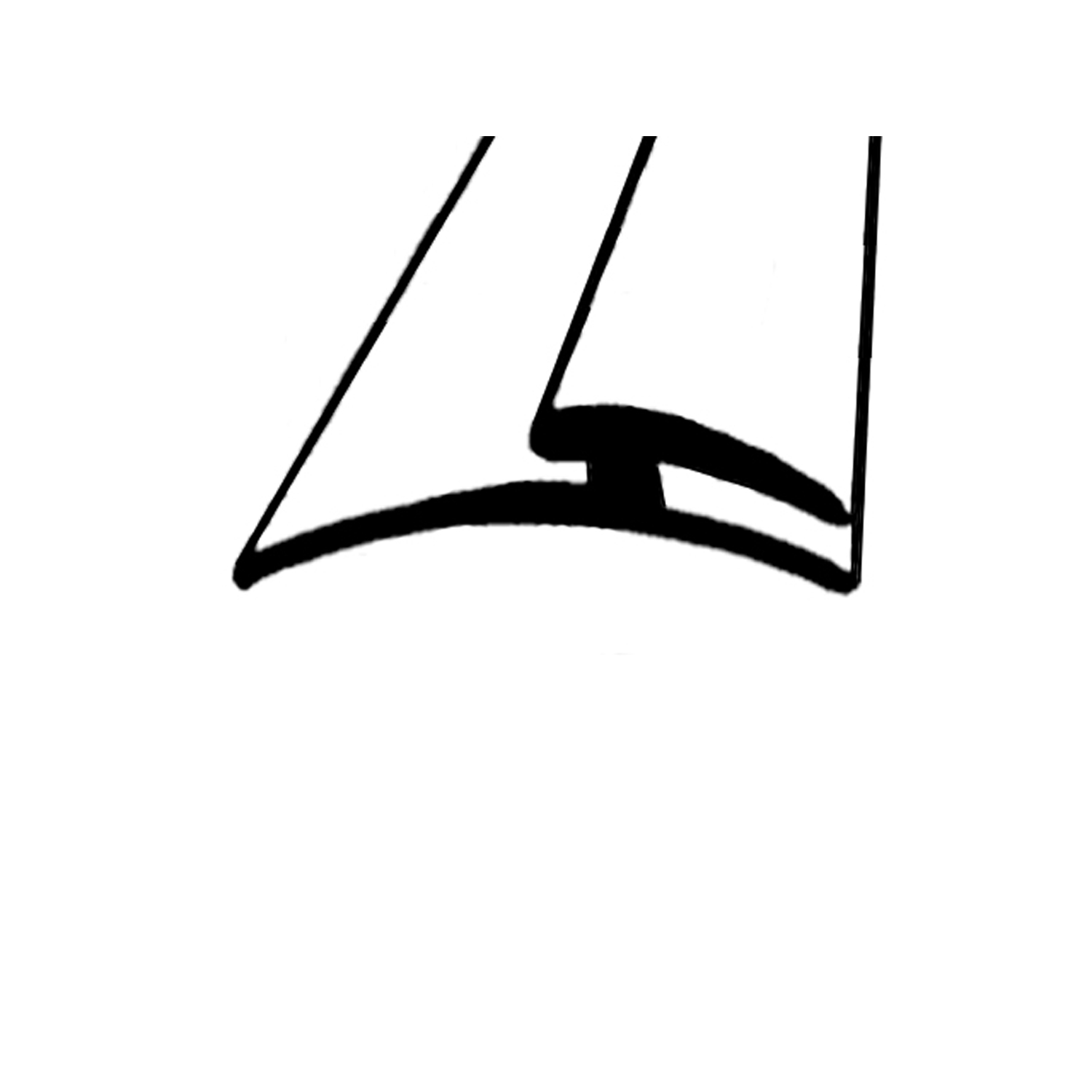 1968 Jaguar XKE Rear Bumper to Body Seal. 1" wide. Sold by the foot-LP 109-D/FTRear Bumper to Body Seal. 1" wide. Sold by the foot
1968 Jaguar XKE Rear Bumper to Body Seal. 1" wide. Sold by the foot-LP 109-D/FTRear Bumper to Body Seal. 1" wide. Sold by the foot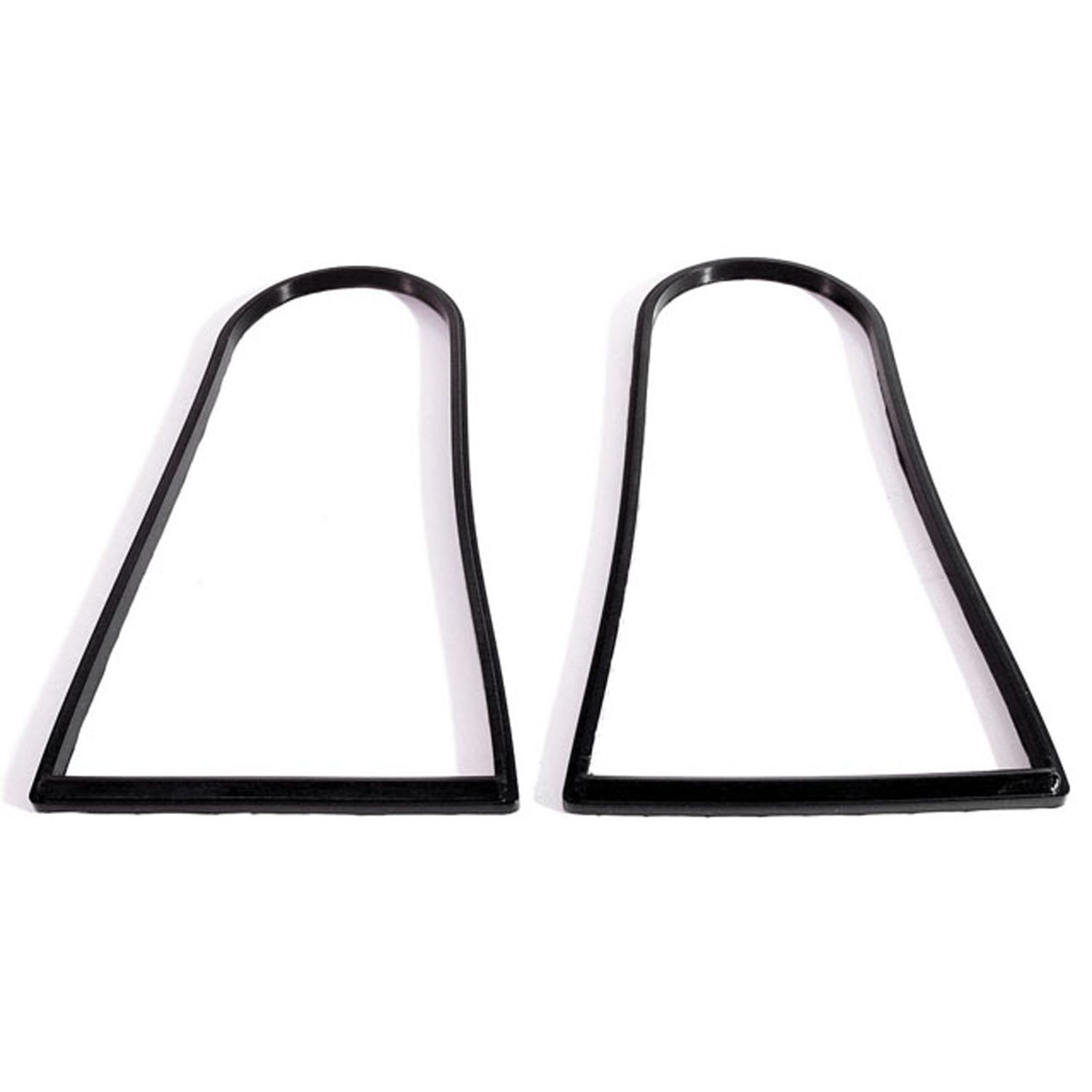 1968 Jaguar XKE Front Turn Signal Mounting Base Pads, for Sedans. Pair-MB 35Front Turn Signal Mounting Base Pads, for Sedans. Pair
1968 Jaguar XKE Front Turn Signal Mounting Base Pads, for Sedans. Pair-MB 35Front Turn Signal Mounting Base Pads, for Sedans. Pair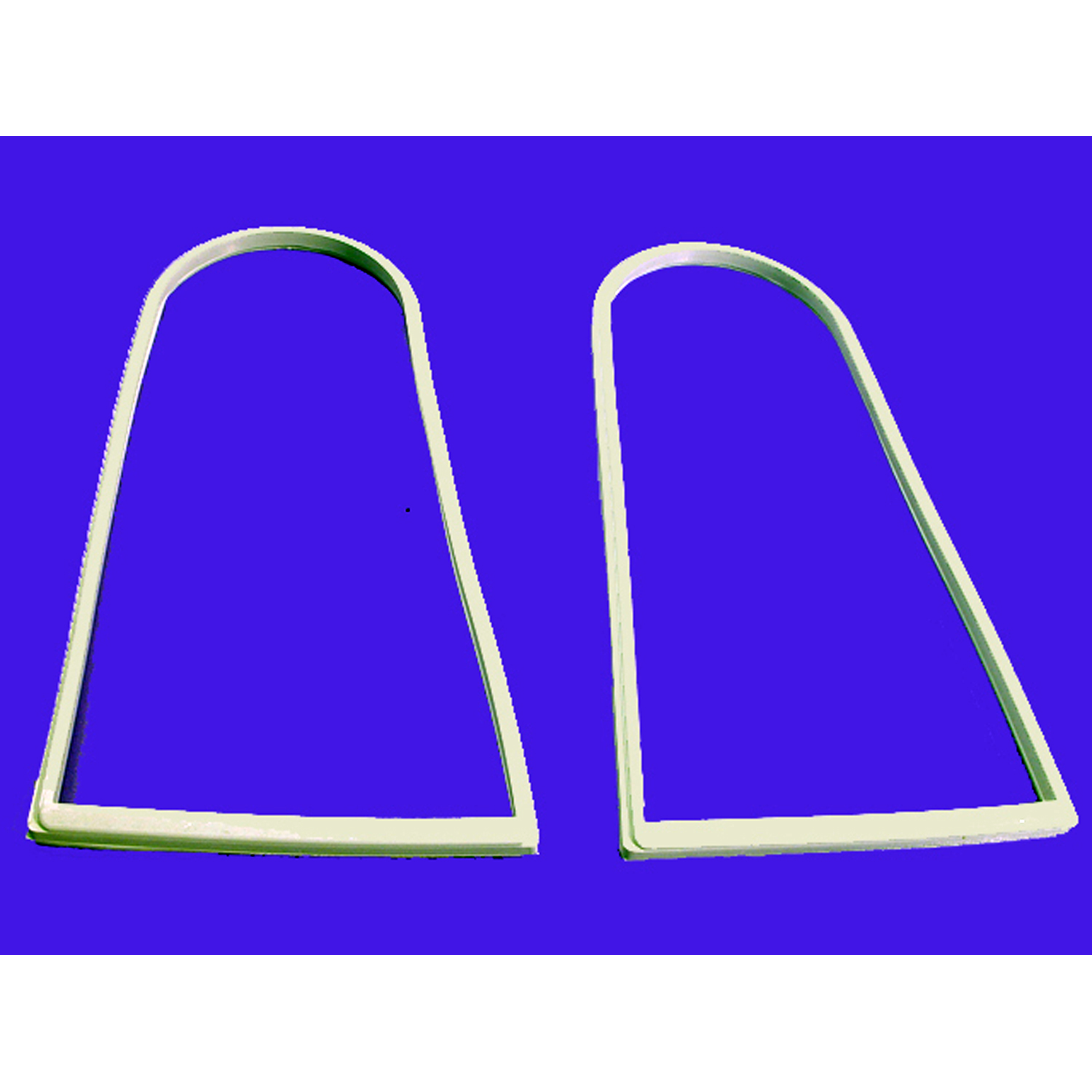 1968 Jaguar XKE Front Turn Signal Mounting Base Pads, for Sedans. Gray-MB 35-AFront Turn Signal Mounting Base Pads, for Sedans. Gray. Pair
1968 Jaguar XKE Front Turn Signal Mounting Base Pads, for Sedans. Gray-MB 35-AFront Turn Signal Mounting Base Pads, for Sedans. Gray. Pair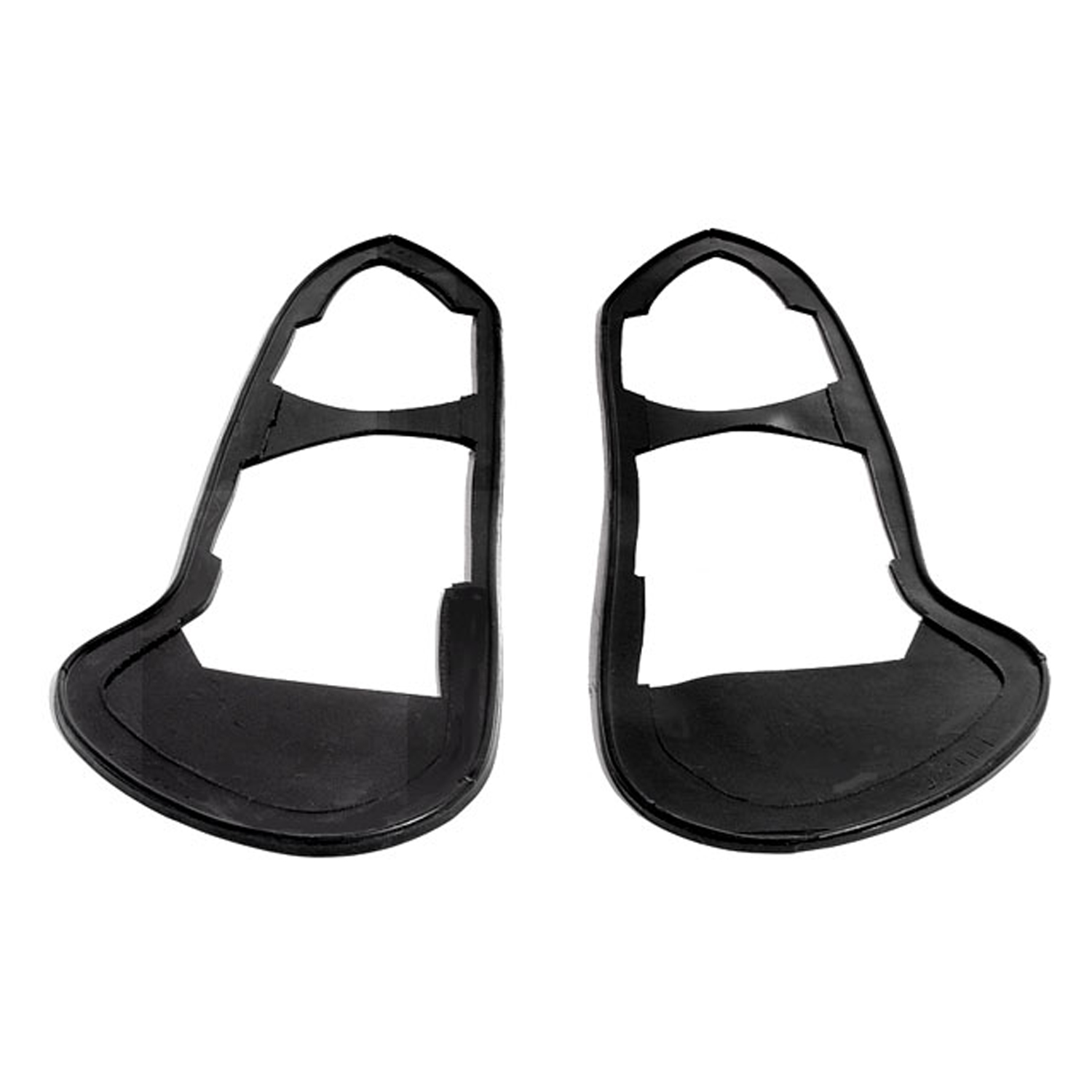 1968 Jaguar XKE Tail-light Pads. For Convertible-MP 799-HHTail-light Pads. For Convertible. 3-3/8" wide X 11-1/4" long. Pair R&L
1968 Jaguar XKE Tail-light Pads. For Convertible-MP 799-HHTail-light Pads. For Convertible. 3-3/8" wide X 11-1/4" long. Pair R&L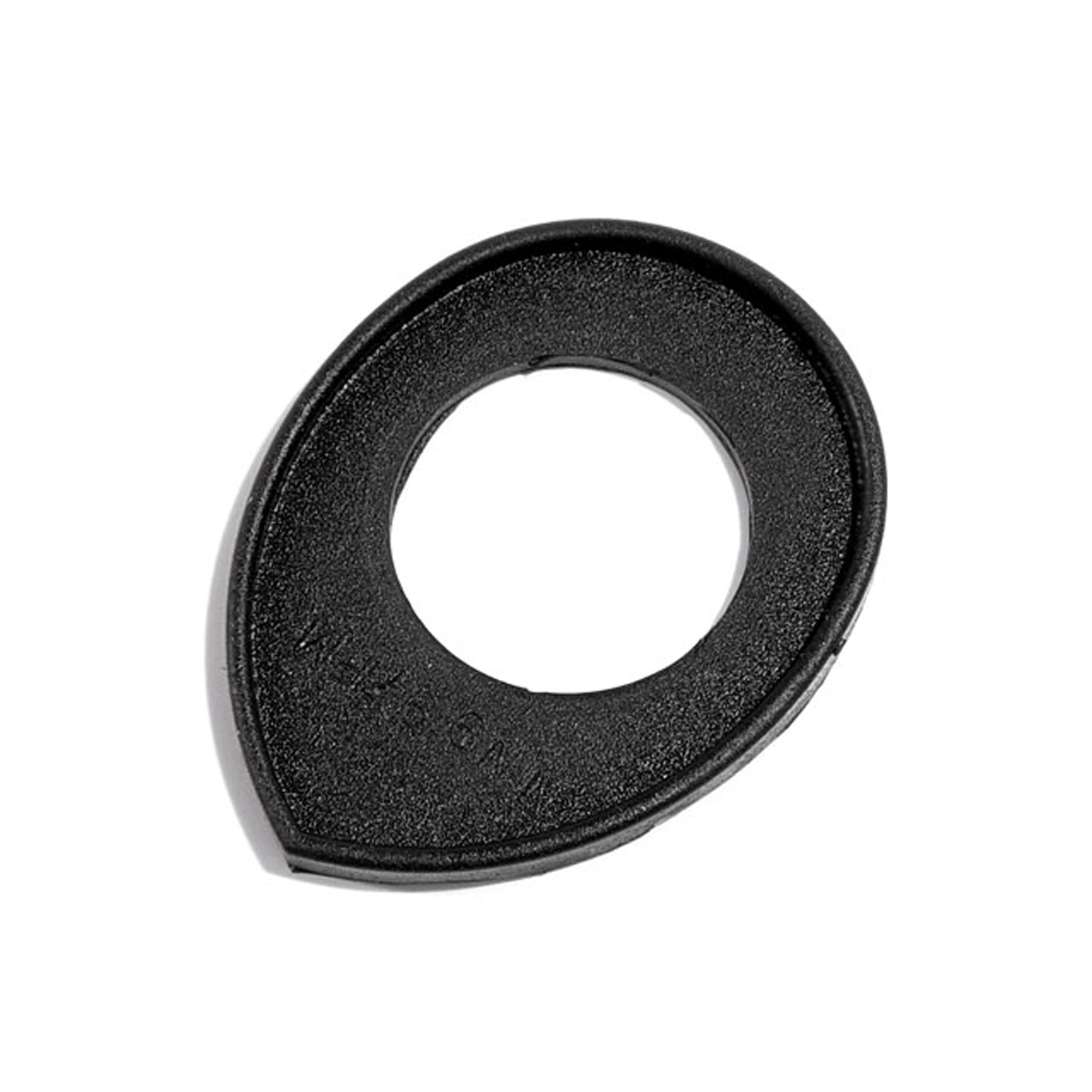 1968 Jaguar XKE ANTENA BASE PAD, JAGUAR XJ SERIES I & II ALSO E SERIES III-MP 799-NNANTENA BASE PAD, JAGUAR XJ SERIES I & II ALSO E SERIES III
1968 Jaguar XKE ANTENA BASE PAD, JAGUAR XJ SERIES I & II ALSO E SERIES III-MP 799-NNANTENA BASE PAD, JAGUAR XJ SERIES I & II ALSO E SERIES III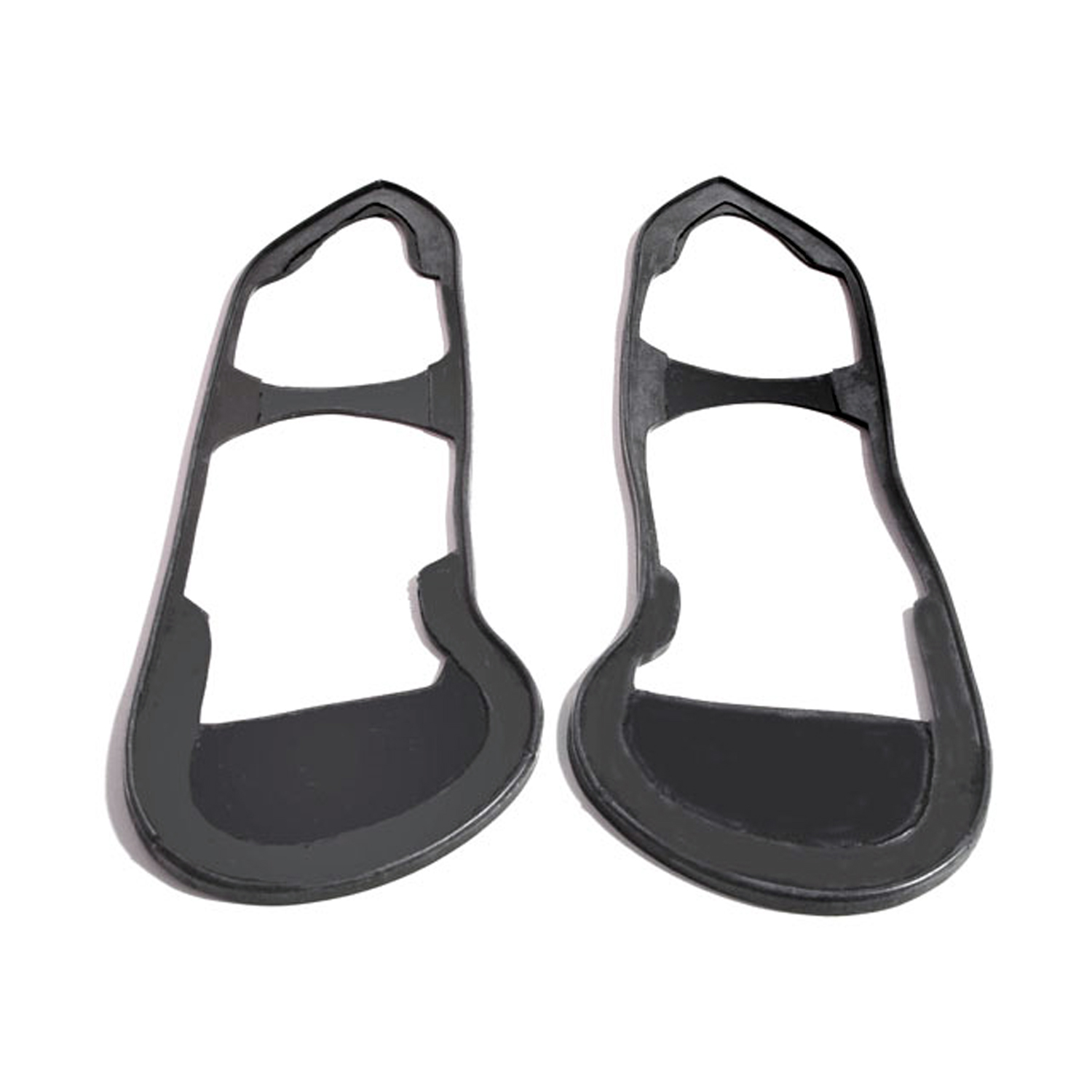 1968 Jaguar XKE Tail-light Pads. For Coupe. Perfect reproduction-MP 799-TTTail-light Pads. For Coupe. Perfect reproduction. 3" wide X 11-1/2" long. Pair R&L
1968 Jaguar XKE Tail-light Pads. For Coupe. Perfect reproduction-MP 799-TTTail-light Pads. For Coupe. Perfect reproduction. 3" wide X 11-1/2" long. Pair R&L 1968 Jaguar XKE Front Lens Seals. Grey sponge with adhesive back-MP 799-VVFront Lens Seals. Grey sponge with adhesive back. Perfect fit. Pair
1968 Jaguar XKE Front Lens Seals. Grey sponge with adhesive back-MP 799-VVFront Lens Seals. Grey sponge with adhesive back. Perfect fit. Pair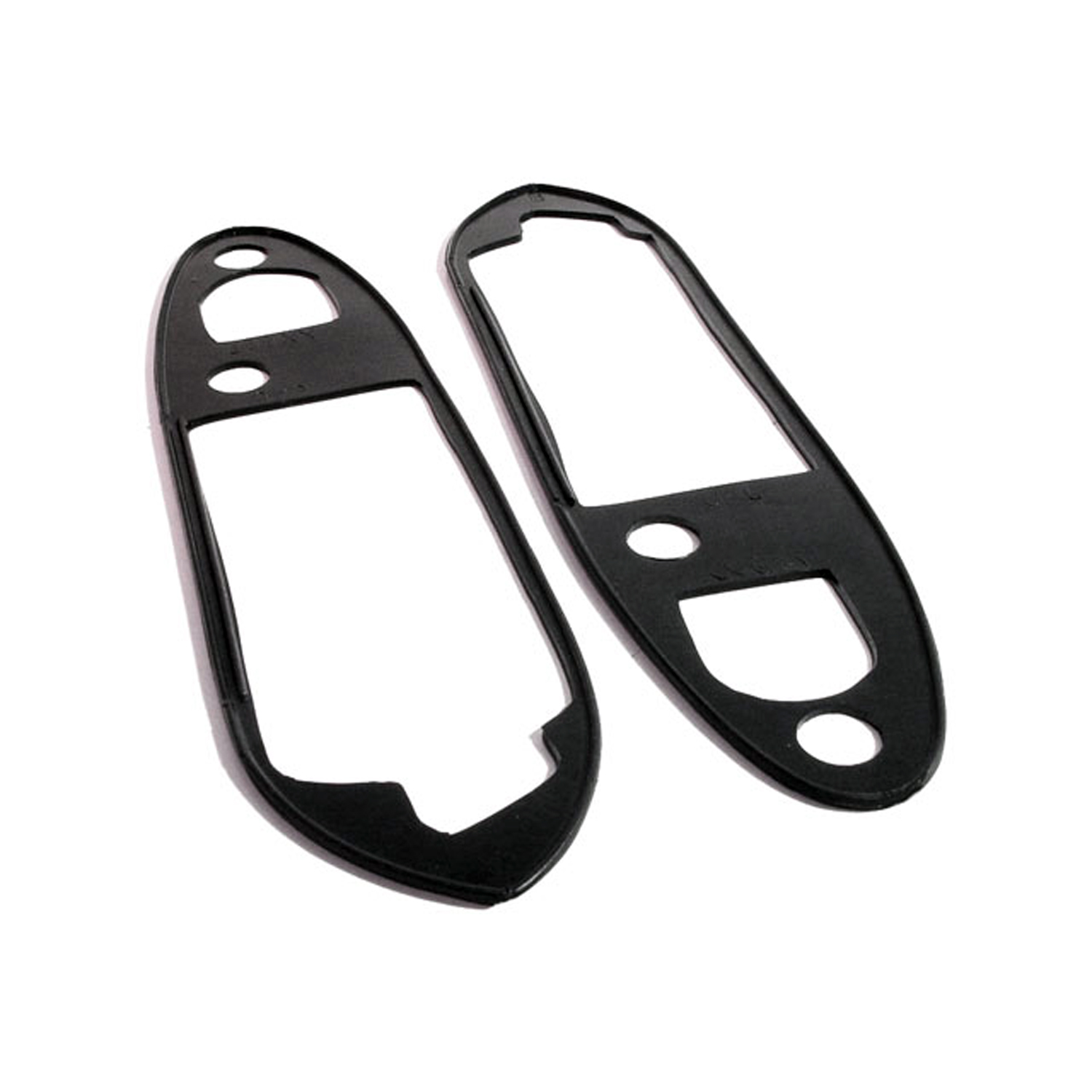 1968 Jaguar XKE Front Light Pads. 2-5/8" wide X 10" long. Pair R&L-MP 799-XXFront Light Pads. 2-5/8" wide X 10" long. Pair R&L
1968 Jaguar XKE Front Light Pads. 2-5/8" wide X 10" long. Pair R&L-MP 799-XXFront Light Pads. 2-5/8" wide X 10" long. Pair R&L 1968 Jaguar XKE Spark plug wire boot. Exclusive Metro part-RP 1-KSpark plug wire boot. Exclusive Metro part. Fits on the distributor cap end. Note: looks similar to coil boot, but is physically smaller. Replaces OEM# CO 2609. Each.
1968 Jaguar XKE Spark plug wire boot. Exclusive Metro part-RP 1-KSpark plug wire boot. Exclusive Metro part. Fits on the distributor cap end. Note: looks similar to coil boot, but is physically smaller. Replaces OEM# CO 2609. Each.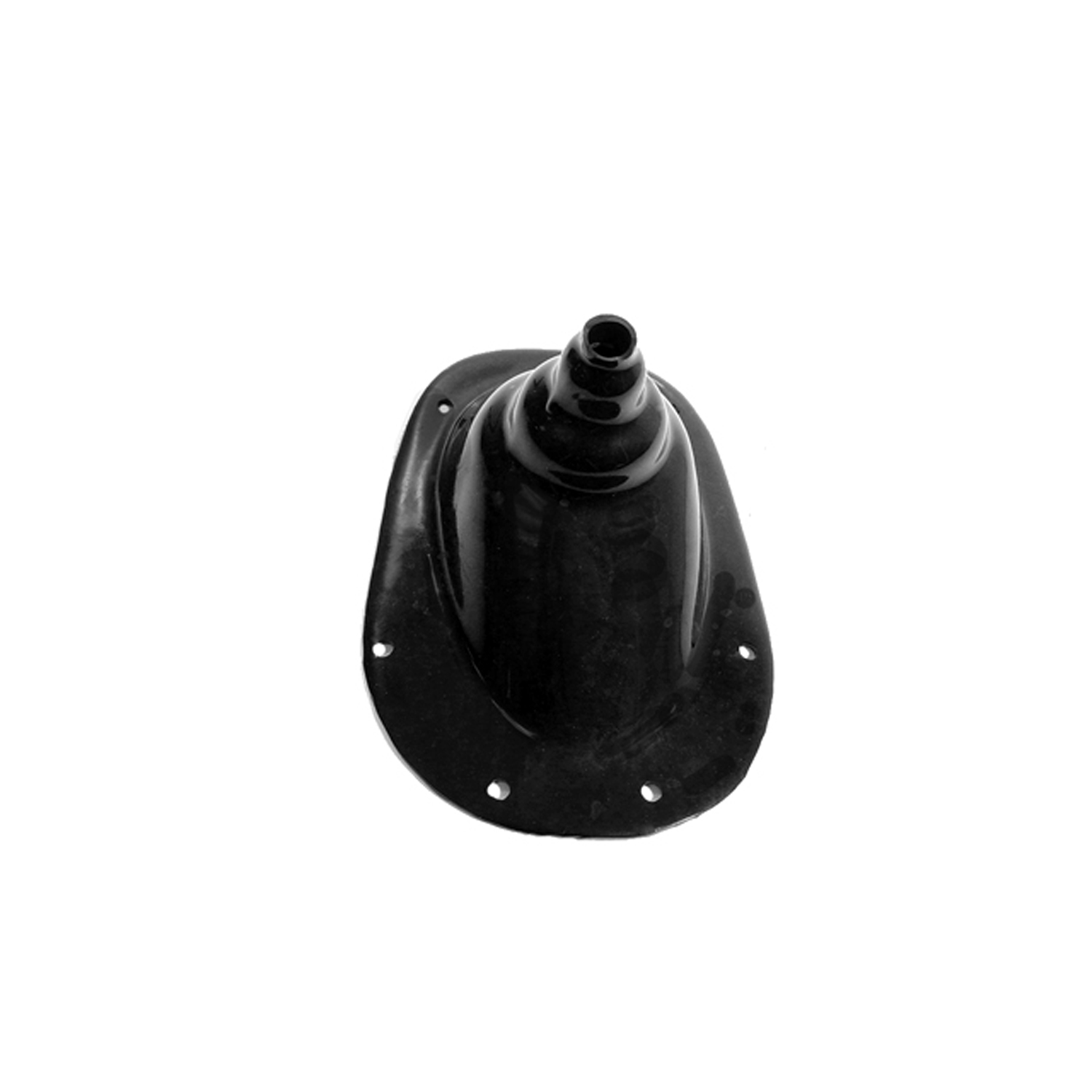 1968 Jaguar XKE Shift Boot, for V-12 Engines-RP 33-XShift Boot, for V-12 Engines. Made of PVC vinyl like original. Each
1968 Jaguar XKE Shift Boot, for V-12 Engines-RP 33-XShift Boot, for V-12 Engines. Made of PVC vinyl like original. Each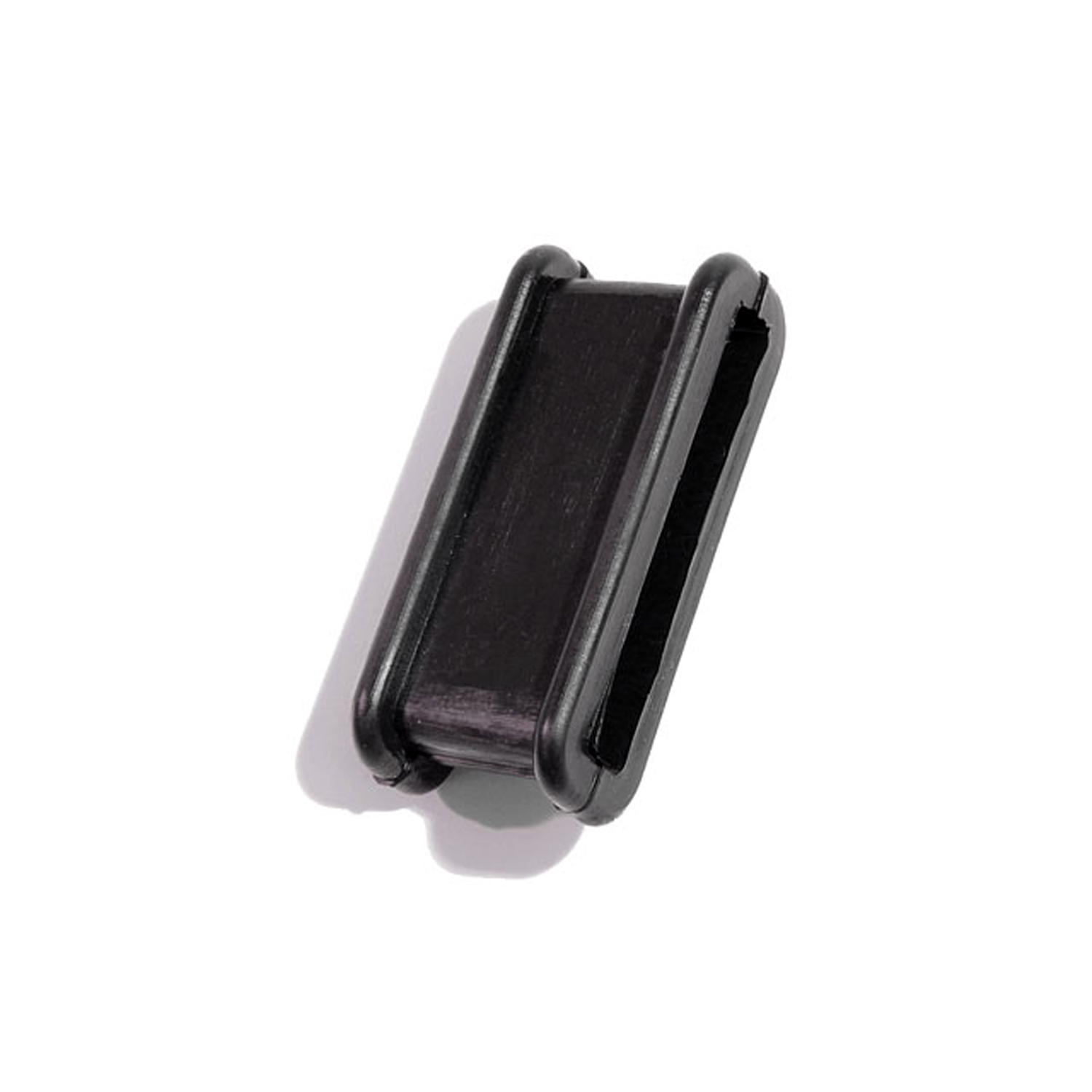 1968 Jaguar XKE Spark Plug Wire Holder Insulation. Each-SM 30-JSpark Plug Wire Holder Insulation. Each
1968 Jaguar XKE Spark Plug Wire Holder Insulation. Each-SM 30-JSpark Plug Wire Holder Insulation. Each 1968 Jaguar XKE Front Park Light Housing Mounting Gasket. 2-1/2" O.D., 2" I-UM 3000-100Front Park Light Housing Mounting Gasket. 2-1/2" O.D., 2" I.D. Pair
1968 Jaguar XKE Front Park Light Housing Mounting Gasket. 2-1/2" O.D., 2" I-UM 3000-100Front Park Light Housing Mounting Gasket. 2-1/2" O.D., 2" I.D. PairWhy Choose Metro?
For over 100 years, Metro Moulded Parts has been the pinnacle of quality in classic car restoration parts. Our commitment to precision and authenticity in every component ensures a perfect fit and an OEM-level appearance.
- Expert Craftsmanship & Quality: Each part is a testament to our dedication to reliability and perfection, crafted from original designs and thoroughly tested.
- Advanced Technology: We use cutting-edge techniques to create flawless, long-lasting parts that surpass others in performance.
- SuperSoft Sponge – The Ultimate Door Seal: Not only are our door seals 30% softer than competitors', but they're also guaranteed to never leak. They effectively reduce wind and road noise, enhancing your classic car's comfort and driving experience.
- Proudly American: Our parts are a product of American craftsmanship, made in the USA with a spirit of excellence and heritage.
- Unrivaled Warranty: We back our products with a 30-year industry-leading warranty, a testament to our confidence in their quality.
Join us in preserving the legacy of classic cars with parts that are crafted for perfection, not just made.

